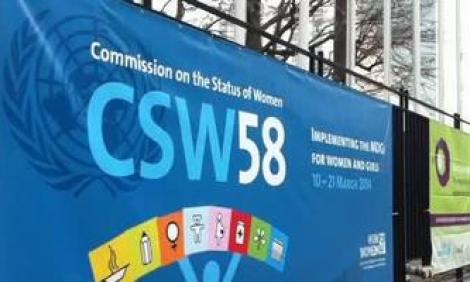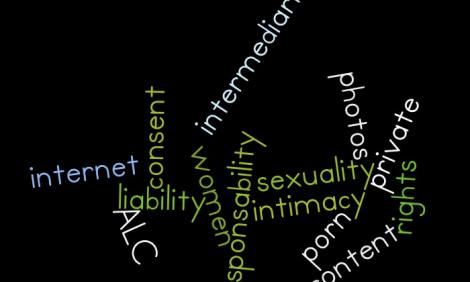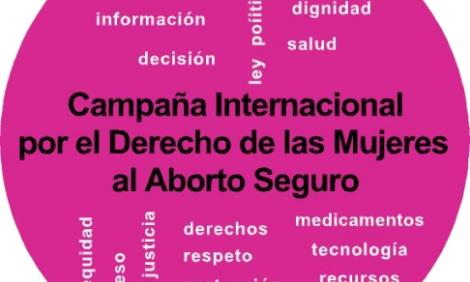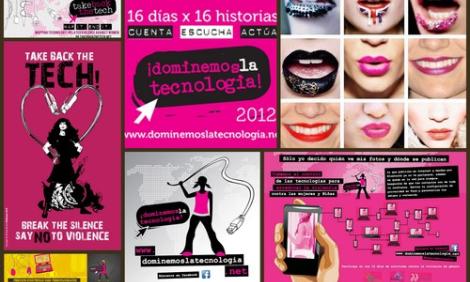In depth
Fighting the backlash: Moving the agenda forward at the CSW
By Flavia Fascendini
The 58th session of the Commission on the Status of Women was held in New York from 10 to 21 March 2014. While there were strategic moves forward in relation to ICTs and tech-related violence against women, the APC Women's Rights Programme discuss both the highlights and the frustrations the women's movement faces in pushing the women's rights agenda forward.
In depth
CSW58: "We need to move beyond agreements towards public policies that will fulfil the commitments made to women"
By Florencia Flores Iborra
The 58th session of the Commission on the Status of Women (CSW) took place from 10 to 21 March 2014 at the United Nations headquarters in New York. “Challenges and achievements in the implementation of the Millennium Development Goals (MDGs) for women and girls" was this year's priority theme. The participation of women's organisations in CSW sessions provides an opportunity for delegations to…
In depth
Alberto Cerda: "There are many more international agreements to protect intellectual property than to protect people's privacy"
By erika
Alberto Cerda is the international affairs director at Derechos Digitales, a Chilean NGO, and a specialist in intellectual property and privacy issues. In this interview, he analyses the legislation and policies being adopted in Latin America to deal with online violence against women involving the invasion of privacy, and the responsibility assigned to internet intermediaries and individuals.
In depth
"We have to gain more ground with human rights advocacy organizations": Interview with Vanessa Coria Castilla of Women's Global Network for Reproductive Rights
By Florencia Flores Iborra
On September 21st the website of the "Health Network of Latin American and Caribbean Women” (RSMLAC: Red de Salud de las Mujeres Latinoamericanas y del Caribe) was attacked and taken down. This attack occurred immediately after the launch of several activities related to #28SAbortoLegal, the September 28th social media campaign to legalise abortion. In this special issue, working with our partner…
In depth
"If we don't stop these attacks, we run the risk of being left without a voice": Interview with Sandra Castañeda Martínez of RSMLAC
By Florencia Flores Iborra
The attack on the Health Network of Latin American and Caribbean Women (RSMLAC: Red Salud de las Mujeres Latinoamericanas y del Caribe) website confirms that we need to constantly defend the rights of women. Here, in a special interview for GenderIT.org, we talk with Sandra Castañeda Martínez, general coordinator of the RSMLAC, who helps us visualize the scale of violence on the internet today.
In depth
Korea: Women’s privacy in danger through surveillance and leaking of private information
By Shehla Rashid
“Digitising social welfare: Challenges of privacy” GISWatch report from Korea points out instances where women in the country have leveraged even non-political internet forums to discuss socio-political issues and to organise offline on crucial issues. However, it also highlights several government policies that expose women to privacy violations and related abuse. In particular, it points out…
In depth
Jamaican household workers use cell phones to protect their rights and improve the working conditions
By Flavia Fascendini
Leith Dunn and Hopeton Dunn from the Institute for Gender and Development Studies Mona Unit, and Mona ICT Policy Centre, at the University of the West Indies, are the authors of the Global Information Society Watch article entitled “Women’s rights, gender and ICTs: Empowering household workers in Jamaica”. In this interview they told GenderIT.org why they chose this subject, how the sector of…
In depth
Cook Islands: Pushing for women leaders
By Analía Lavin
The Global Information Society Watch Cook Islands report was released, written by Maureen Hilyard, Alexis Wolfgramm and Lynnsay Rongokea from the Pan Pacific and Southeast Asia Women’s Association. Analía Lavin interviewed Maureen Hilyard, one of the authors, on the main issues women face online, on gender equality in the political system, and on the role of the media.
In depth
Democratizing access and use of ICTs for domestic workers in Uruguay
By Flavia Fascendini
The Global Information Society Watch 2013 report, written by Goñi and Ana María Laura of ICTWatch (ObservaTIC), of the University of the Republic of Uruguay, is entitled "ICTs as a means for empowerment and influence: A democratising proposal for female domestic workers in Uruguay". GenderIT.org interviewed Goñi to understand how inequality in access to and ownership of ICTs affects this sector…
In depth
Results from the Gender Report Card at the 2012 IGF: More women make a huge difference
By APC
This report summarises the contents of the Gender Report Card sections of the workshop reports from the Internet Governance Forum (IGF) of 2012. Interestingly, it shows among other interesting outputs, that gender was most likely to be mentioned in those workshops in which women were most likely to participate.


















